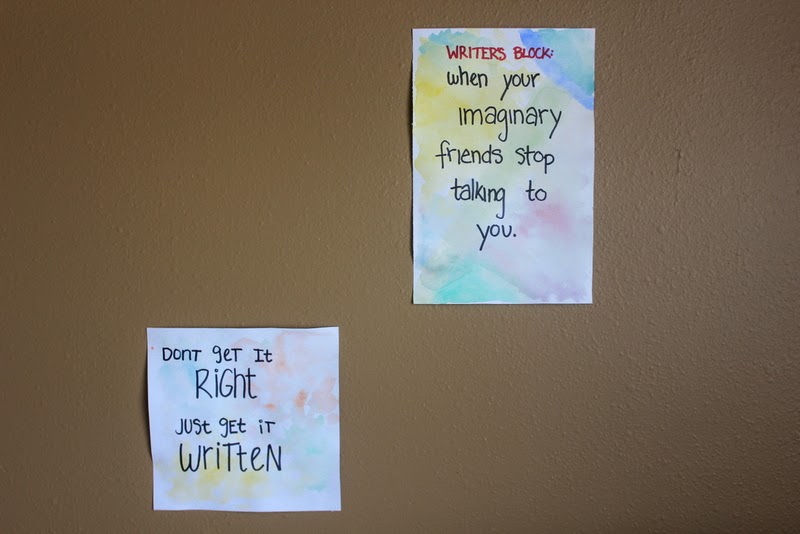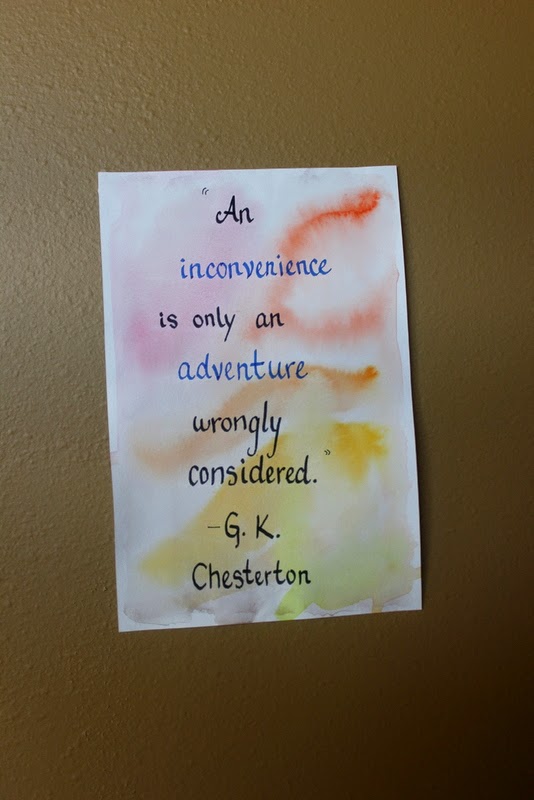On Tuesday in poetry class we read a bunch of poems by Alfred, Lord Tennyson. (Read all about him
here.) We discussed his style, themes, and life.
To me Tennyson is a very sensory poet. His writing conjures up images, makes you really
see, feel, hear, smell, taste what's going on. As Dad said, he's really good at giving you a
mood in his words. The meter, assonance and consonance, and onomatopoeia (among other things) help to set a tone and mood in his poems.
My personal favorite of the evening was part of a large collection of poems Tennyson dedicated to his very close friend, Arthur Hallam, who died of a brain hemorrhage at a young age. The death of this friend (who had also been engaged to Tennyson's sister) affected him greatly and inspired some of his best-known poems. The collection is called
In Memoriam A.H.H. In our book
Immortal Poems of the English Language there were nine selections from
In Memoriam, and my favorite is called O Yet We Trust.
Oh yet we trust that somehow good
Will be the final goal of ill,
To pangs of nature, sins of will,
Defects of doubt, and taints of blood;
That nothing walks with aimless feet;
That not one life shall be destroyed,
Or cast as rubbish to the void,
When God hath made the pile complete;
That not a worm is cloven in vain;
That not a moth with vain desire
Is shrivelled in a fruitless fire,
Or but subserves another's gain.
Behold, we know not anything;
I can but trust that good shall fall
At last—far off—at last, to all,
And every winter change to spring.
So runs my dream: but what am I?
An infant crying in the night:
An infant crying for the light:
And with no language but a cry.














